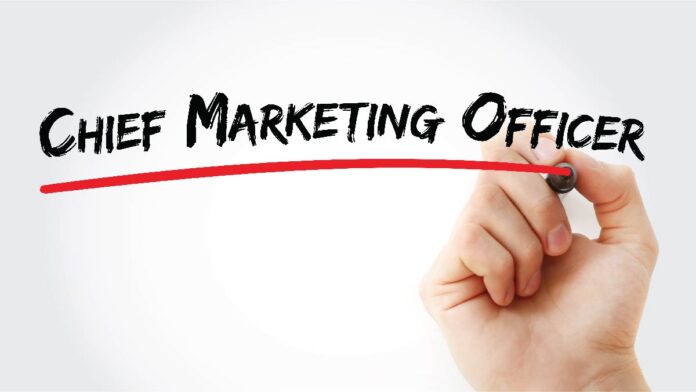Businesses can future-proof their ability to launch digital campaigns by forming a collaborative partnership through a hybrid in-housing approach, ensuring a state of constant readiness. Reaching the next level of digital maturity is critical at a time when the focus isn’t just about being technology ready; it’s also about being ready for whatever comes next.
In today’s digital landscape, brand evolution requires rapid up skilling and the pooling of talent from a variety of internal and external sources. To stay agile, a proactive CMO should strategize that mix in such a way that it utilizes existing talents while supplementing them with the strongest expertise available.
In-housing is seen by some as a means to cut costs, gain control over data, develop more educated marketing strategies, and establish campaigns with transparency. Keeping marketing in-house is thought to prevent the risks of outsourcing completely to an agency. As per a study done by Deloitte in 2020, CMOs are building in-house capabilities, accessing external agencies, and working with a combination of both – with 64 percent of respondents having an internal agency and more than one-third employing a hybrid model.
Digital marketing has not only become crucial in the last year, but it has also expanded at a rapid pace, revealing breakthroughs that would normally take years, in a matter of months. Brands are rapidly evolving, gaining expertise in new channels and processes as they emerge. Suddenly, the image of a dynamic in-house team capable of navigating the race while remaining agile enough to weave through unanticipated shifts seems unattainable. The concept of handing off to an agency, on the other hand, no longer suits the goal of the marketers, let alone their ROI.
Also Read: Top Strategies for Creating Value with External Data
The need for a hybrid in-housing structure
Enter the hybrid in-housing structure, in which an organization’s dynamic leadership is bolstered by an external group of specialists who are ready to provide the expertise and agility required to maintain competitive momentum. This can mean quickly obtaining the level of digital maturity required to stay ahead of the competition.
The new digital economy necessitates a continuous feedback loop enriched with creative content. Simply put, there is a constant requirement to be ‘on’ in a variety of ways. Bringing in an interdisciplinary team that is already up to speed on planning and execution allows for that continuity, as well as the depth of expertise required to execute tech setup, consult on data capture and usage, analyze customer behavior and train internal stakeholders on tech implementation.
When a company has stronger data ownership, it can develop more informed context-based strategies and customize precise content to the buyer’s journey. They’re also in a better position to quickly scale up future data-driven projects.
The hybrid team works together in complete transparency, allowing an internal leader to monitor progress in real time while driving integration efforts. Specialties can be engaged or disengaged as needed, allowing even short-term goals to be accomplished with a full range of expertise.
An in-house team may not have the cross-industry expertise to execute agile, rapid responses to a fast-changing marketing landscape. Those projects, however, can be conducted, monitored, and measured swiftly and effectively if a team of digital transformation experts is in place.
Also Check: Introducing the TOUGHBOOK S1 Developed to deliver all the features you want, and all the rugged you need
Hybrid in-housing model promotes collaborative learning
Furthermore, a hybrid in-housing structure encourages collaborative learning. It’s no longer an option to compartmentalize skill sets into operational silos. Companies that successfully integrate creativity and data have been found to increase their revenues at twice the average rate of their competitors, at least 10% annually vs. 5%, according to a McKinsey report published in 2018.
To attract customers, simply tweaking the SEO system is no longer enough. Marketers can connect data points and solve context difficulties that may be preventing the optimum use of that data by hiring the training services of a dynamic external partner. As a result, they’ll have a clearer, more practical understanding of audience segmentation and behavioral intent, which will help them improve targeting and personalize communication.
Marketers can engage proactively as they confront the massive demands of today’s marketplace with this type of extended service layer, which includes consultation, training, and technology. Marketing leaders can evolve inside a hybrid partnership, knowing that their strategy is ready to unlock the right talent for every stage of their brand journey.
For more such updates follow us on Google News TalkCMO News.






